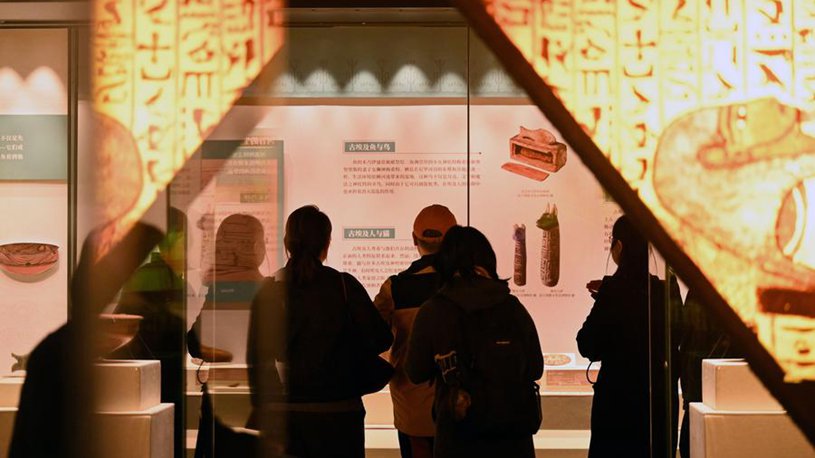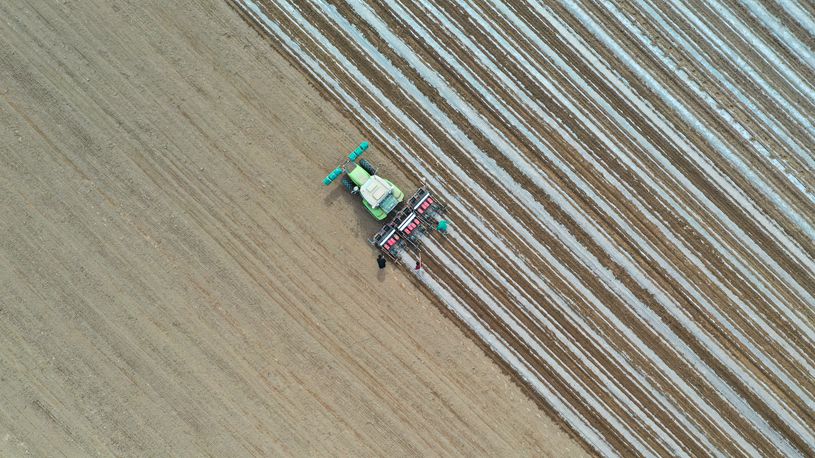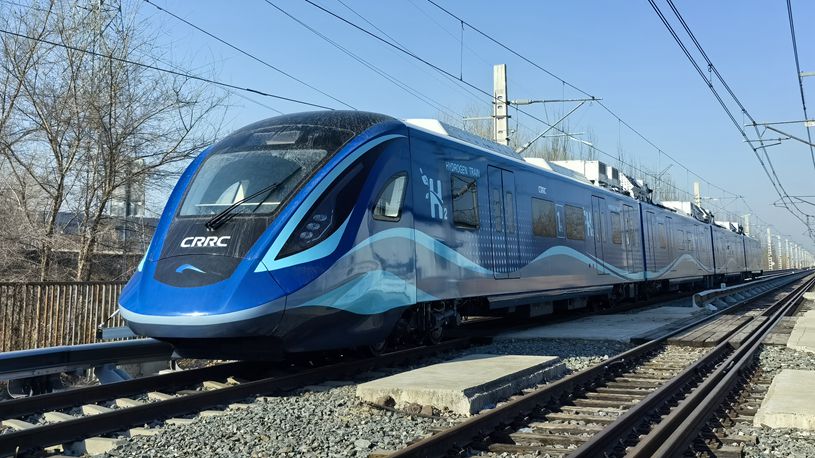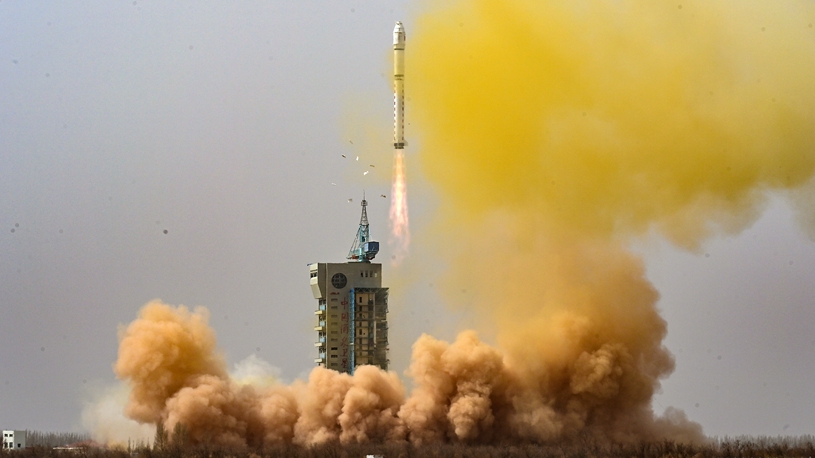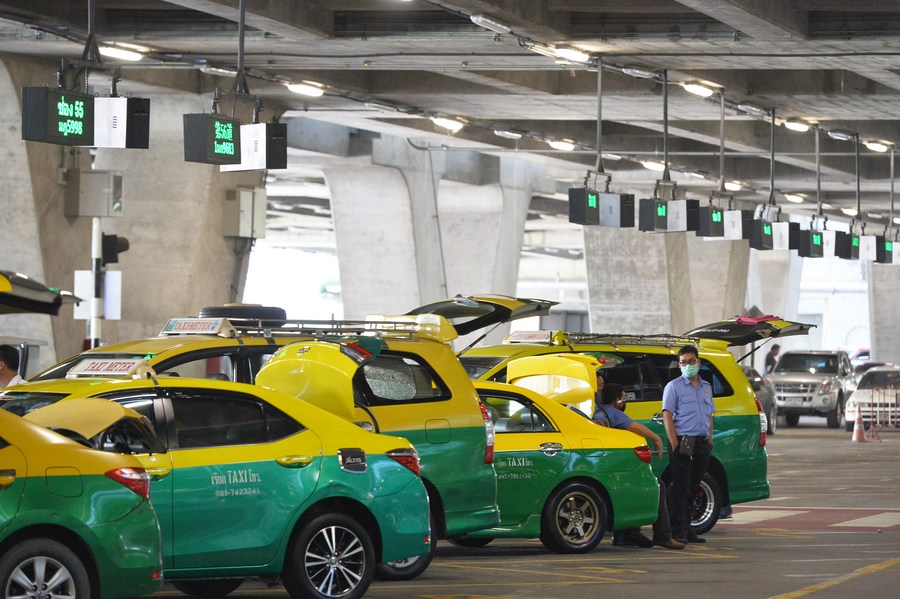
Taxi drivers wait outside the Suvarnabhumi International Airport in Bangkok, Thailand, Jan. 11, 2022. (Xinhua/Rachen Sageamsak)
Thailand aims to convert 30 percent of its annual production of 2.5 million vehicles into EVs by 2030, according to a government plan. Tax cuts and subsidies rolled out by Thailand have already drawn a raft of Chinese carmakers.
by Chen Jiabao, Gao Bo
BANGKOK, March 23 (Xinhua) -- At Bangkok's Suvarnabhumi Airport, amidst the hustle and bustle of international travel, a batch of sleek, white electric taxis are painting the runway with a touch of modernity. These vehicles, produced by a leading Chinese automaker, have swiftly become an emblem of eco-friendly transportation at Thailand's busiest airport.
Suvarnabhumi Airport stands as the gateway to Thailand, welcoming over 50 million travelers annually. Recognizing the need for sustainable travel options, Airports of Thailand (AOT) has joined forces with China's GAC Aion to introduce electric taxi services since January this year. The initiative aims not only to enhance the passenger experience but also to propel the airport towards a greener future.
Bangkok taxi driver Suchat, 58, has been in the taxi industry for eight years. While he owns seven combustion engine taxis, his recent acquisition of a GAC Aion electric taxi marks a significant shift in his journey.
Reflecting on his experience over the past two months, Suchat expressed his delight with the electric taxi's performance. "It's powerful, quick off the mark, and offers ample space inside -- a perfect blend of comfort and functionality," he remarked.
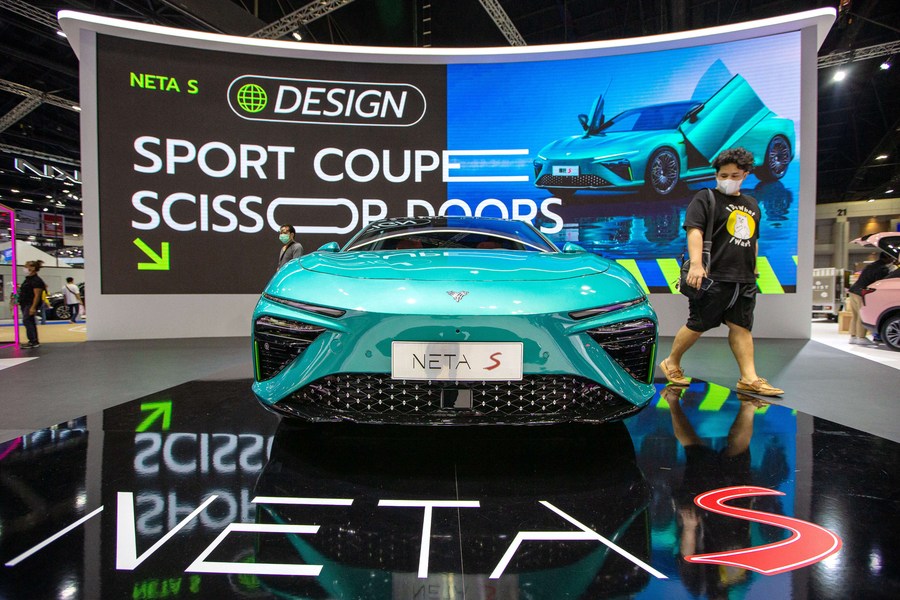
A visitor looks at a NETA S produced by Chinese electric carmaker Hozon Auto during the 44th Bangkok International Motor Show in Bangkok, Thailand, March 22, 2023. (Xinhua/Wang Teng)
What sets electric taxis apart, Suchat explained, is their remarkable cost-effectiveness. "With traditional combustion engine taxis, monthly expenses for fuel and maintenance can add up to 20,000 Thai Baht (about 571 U.S. dollars). In contrast, electric taxis require minimal maintenance and rely solely on charging. This translates to a significant reduction in costs, nearly one third less a month," he added.
Kerati Kijmanawat, AOT president, emphasized the company's commitment to promoting sustainable travel. The introduction of electric taxis at Suvarnabhumi Airport is not merely a response to governmental policies but also a proactive step towards establishing the airport as a model of environmental consciousness in Thailand.
Aside from deploying electric taxi services, the AOT has invested in infrastructure to support the electric vehicles (EVs). Sixteen 40-kilowatt chargers and two 150-kilowatt chargers have been installed at the airport's long-term parking lot.
Thailand's automotive landscape has witnessed a surge in electric vehicle adoption, with Chinese automakers leading the charge. In 2023 alone, pure electric vehicle sales in Thailand exceeded 73,000 units, marking a staggering 603.66 percent increase compared to the previous year. Notably, over 80 percent of these vehicles are Chinese brands, signaling a profound shift in the country's automotive preferences.
In September 2023, GAC Aion unveiled its first overseas model in Bangkok. Earlier this year, the GAC Aion Thailand factory project officially commenced construction in eastern Thailand's Rayong Industrial Park.
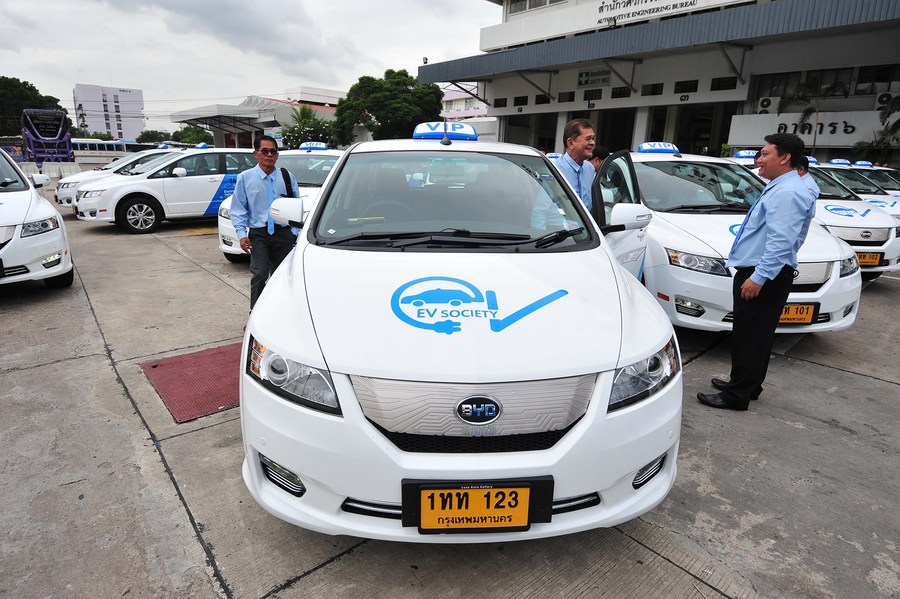
Taxi drivers look at EV taxi cabs in Bangkok, Thailand, Aug. 16, 2018. (Xinhua/Rachen Sageamsak)
Ma Haiyang, general manager of Aion (Thailand), affirmed the collaboration between GAC Aion and Thailand aligns with the nation's vision for environmentally friendly transportation. Currently, Aion has delivered around 1,000 electric taxis in Thailand. According to plans, electric taxis will gradually be expanded to other airports in Thailand and throughout the country in the future.
Thailand aims to convert 30 percent of its annual production of 2.5 million vehicles into EVs by 2030, according to a government plan. Tax cuts and subsidies rolled out by Thailand have already drawn a raft of Chinese carmakers.
In recent years, China's EV makers have made a foray into public transportation in the Southeast Asia's second largest economy, with BYD exporting electric buses and SAIC's MG offering electric taxis to the country.■

